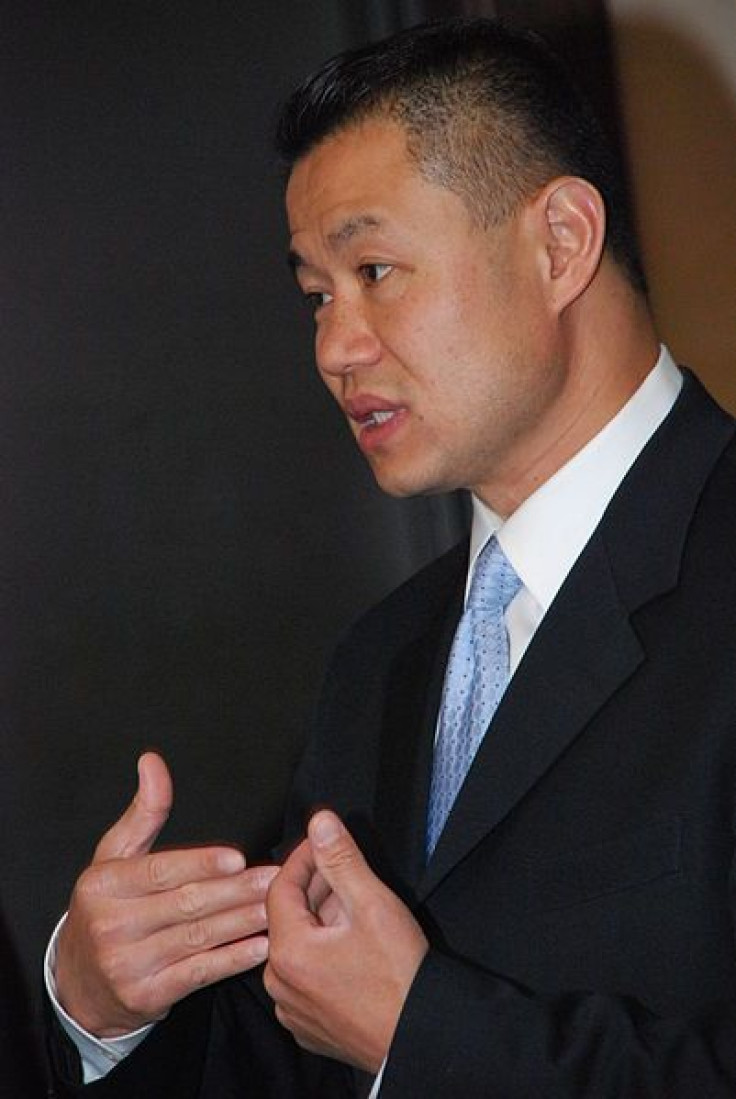John Liu Wants NYC To Legalize Marijuana: Mayoral Candidate Says Overhaul Could Pump $400 Into The City, Is He Right?

New York City mayoral candidate John Liu is proposing an overhaul of marijuana laws that would legalize both medical and recreational marijuana use in the Big Apple — a proposal that he believes could yield $400 million annually for the city.
In an interview with the Associated Press on Tuesday, Liu discussed the potential economic benefits of taxing and regulating marijuana in New York City. Based on a report commissioned by Liu, the city has a $1.65 billion market. Imposing a hefty 20 percent excise tax on marijuana, in addition to New York’s standard 8.875 percent tax, would pump $400 million in revenue into the city each year.
"It is economically and socially just to tax it," Liu said. "We can eliminate some of the criminal nature that surrounds the drug and obtain revenue from it."
Read more: Recent Marijuana Legalization Spurs Lab Testing For Safety
Liu also made assertions about where the revenue from marijuana sales could go. He said that the overhaul could save the city $31 million in law enforcement and court costs and could cut tuition at City University of New York (CUNY) schools in half.
"Why not regulate and tax it? We can derive $400 million in revenues for the city, use that money to cut CUNY tuition in half and reduce the disparate social impact that's occurring in too many of our communities," Liu told NY1.
According to NY1, Liu’s proposal wouldn’t allow people to smoke marijuana in public. It would allow the city to tax and regulate the substance, without arresting marijuana user for petty offenses. The overhaul would give those who use marijuana for medical and recreational purposes a safe place to buy it without fear of being arrested for a crime. Since Mayor Bloomberg took office, there have been close to a half-million misdemeanor marijuana arrests. African Americans and Hispanics seem to be disproportionately arrested for those offenses.
Read more: Miley Cyrus thinks Alcohol Is 'Way More Dangerous' Than Weed; Here's Why She May Be Right
While some believe the proposal is a step in the right direction for the world’s most famous city, even organizations that support the change don’t see the measure successfully passing in the state legislature.
"I don't think this proposal, as Mr. Liu has put it forward, is likely to get traction in Albany (the New York state legislature) any time soon," said Gabriel Sayegh from the Drug Policy Alliance. "But I do think it's an interesting development."
Proponents of Liu’s proposed overhaul echo the mayoral candidate’s sentiments about the social and economic benefits.
"Now, people selling the product are doing it under the table and aren't paying any taxes on it," said Carl Davis, senior analyst at the Institute on Taxation and Economic Policy. "That would change. And, it stands to reason, people would also start legally producing it locally, so there would be economic benefits there too."



























